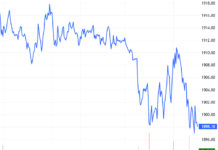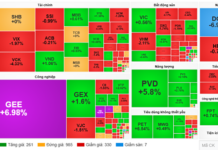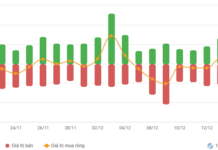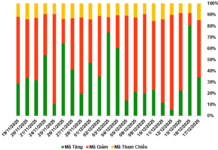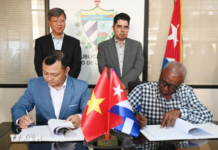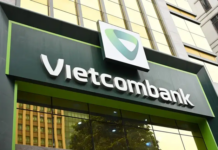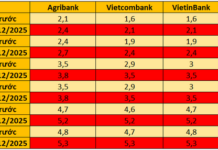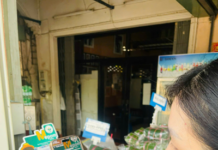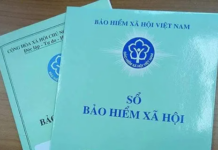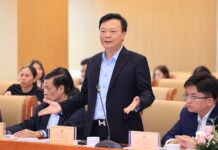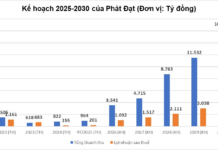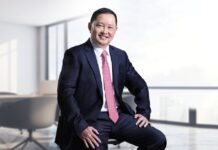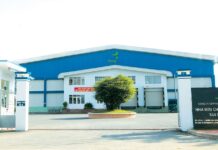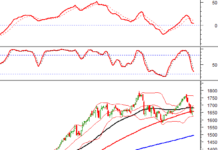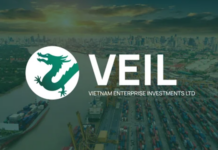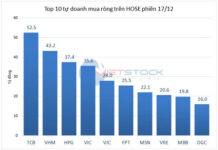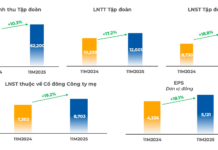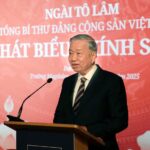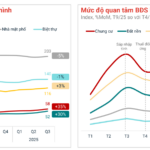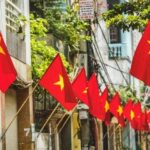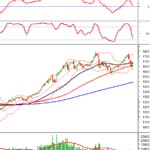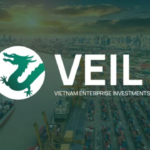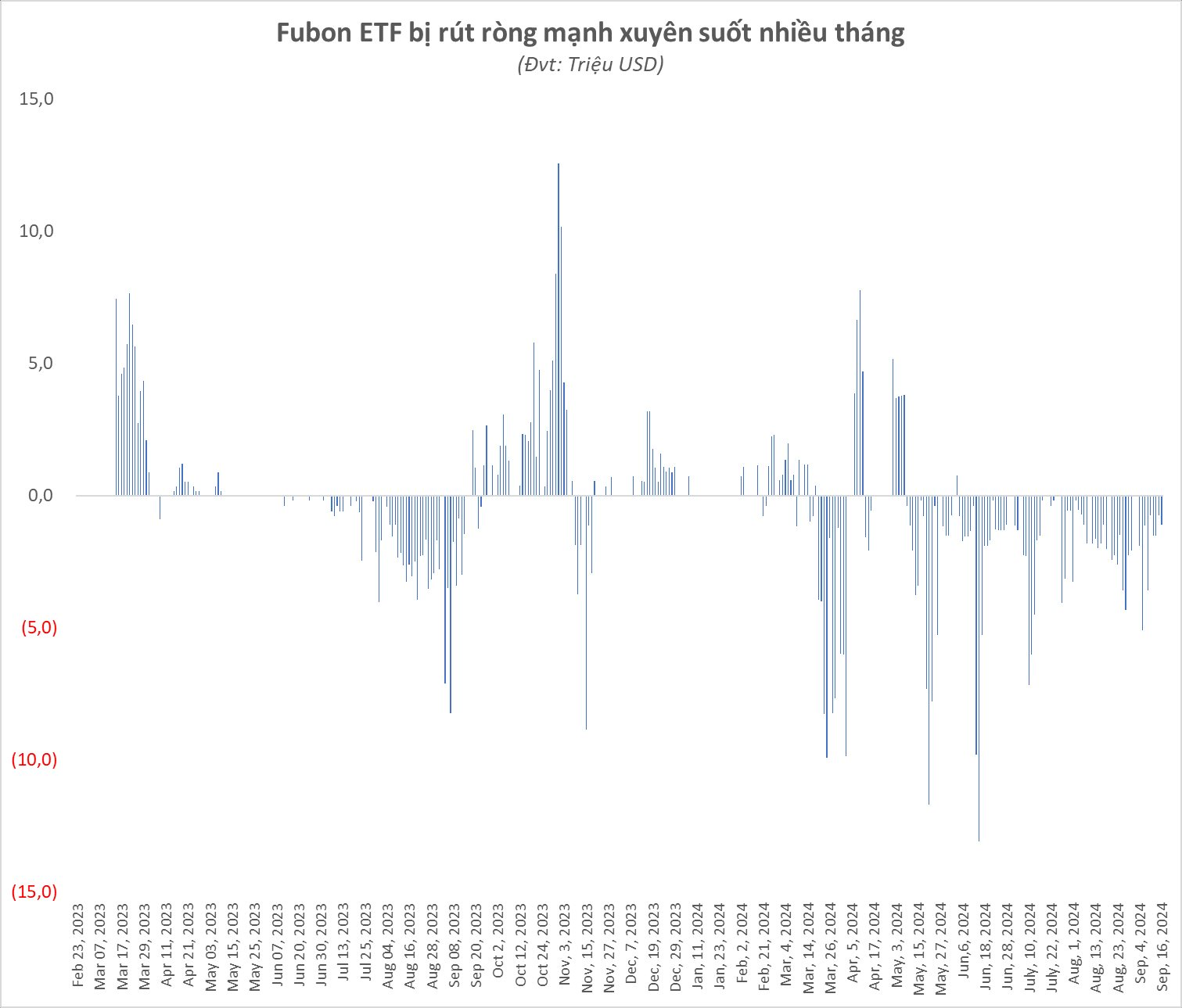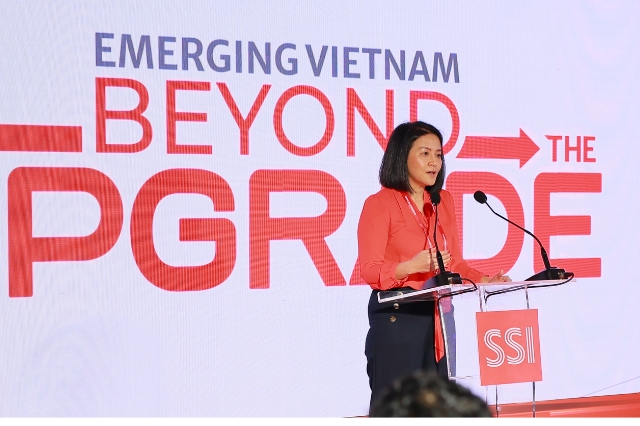
Ms. Wanming Du, Policy Director for Index at FTSE Russell, Asia-Pacific Region
|
At the forum, Ms. Wanming Du, Policy Director for Index at FTSE Russell, Asia-Pacific Region, shared that over the past decade, her work has focused on country classification—a responsibility she holds dear, despite the complexity of index policies.
Ms. Du has witnessed significant changes, such as Saudi Arabia, Kuwait, and Iceland transitioning to secondary emerging market status, Mongolia joining the frontier market, and China’s A-shares becoming part of the emerging market group. However, she emphasized that the profound impact she experienced in Vietnam was unparalleled.
Vietnam’s upgrade to secondary emerging market status is more than a technical change. It reflects the country’s commitment, built on the reforms FTSE Russell has observed over the years.
This upgrade opens new doors and signals to the global investment community that Vietnam is ready to engage more deeply in international capital markets and become part of the broader emerging market narrative.
For end investors, Vietnam’s inclusion in the emerging market benchmark means they can invest here through emerging market funds.
Ms. Du stressed that the upgrade is not the final destination but the beginning. It should inspire Vietnam to continue reforms, improve market accessibility, enhance operational efficiency, and align further with international best practices.
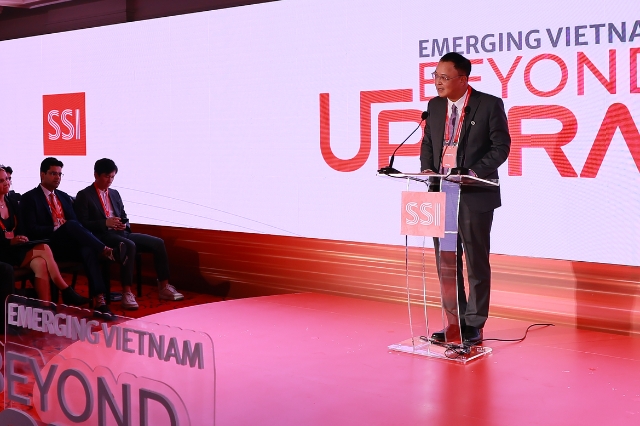
Mr. Bùi Hoàng Hải, Vice Chairman of the State Securities Commission of Vietnam
|
In his opening remarks, Mr. Bùi Hoàng Hải, Vice Chairman of the State Securities Commission of Vietnam (SSC), stated that FTSE Russell’s upgrade decision on October 8, 2025, is not merely a technical event but a validation of the quality, reliability, and stature of Vietnam’s capital market after over 25 years of development.
This upgrade marks the beginning of a new phase, prompting more robust, standardized, and disciplined reforms. Moving forward, Vietnam’s stock market development policy will focus on six key areas:
First, continue to improve institutions, laws, and the business environment, ensuring transparency, convenience, and equality for all entities. Simultaneously, strengthen discipline and protect investors’ legal rights.
Second, address bottlenecks to increase market openness, aligning with international practices. This includes implementing a central counterparty clearing mechanism (CCP) for the equity market (stocks, fund certificates, and covered warrants) by early 2027; enhancing information transparency and expanding foreign ownership limits; strengthening information systems between custodian banks and securities companies; and researching the omnibus trading account (OTA) mechanism.
Third, modernize technology infrastructure and trading systems to ensure safe, stable operations that meet international standards and can accommodate large-scale global capital inflows.
Fourth, diversify market products and services to expand investment opportunities and risk management. This involves promoting public offerings linked to listings, attracting large enterprises with strong financials and governance to list; developing infrastructure bonds, green bonds, and sustainable bonds; introducing new derivatives products like options and futures contracts; and diversifying indices through partnerships with international organizations and investment funds.
Fifth, develop and restructure the investor base by fostering institutional investors through diversified investment funds. Encourage individual investors to participate through professional investment institutions, reducing risks and improving investment efficiency.
Sixth, enhance regulatory capacity to increase market transparency and sustainability, ensuring the best protection of investors’ rights and interests.
Additionally, the SSC and Ministry of Finance encourage listed companies to improve governance, transparency, and sustainable development integration. Securities firms and fund managers are urged to invest in technology, human resources, and risk management to enhance their capabilities and provide optimal services.
For foreign investors, the Vietnamese government has committed to maintaining a stable, transparent, and attractive investment environment, ensuring equal access to opportunities and robust investor protection.
– 17:08 30/10/2025
Hallmark Achieves Vietnam’s First WiredScore Platinum Certification
On October 29th, The Hallmark, a premier Grade A+ office building in the heart of Ho Chi Minh City, proudly achieved Platinum certification—the highest level in the WiredScore system. This prestigious recognition marks The Hallmark as the first building in Vietnam to attain this global benchmark for digital infrastructure excellence.
Keynote Address by General Secretary To Lam at the University of Oxford
As part of his official visit to the United Kingdom of Great Britain and Northern Ireland, General Secretary To Lam delivered a pivotal policy address at the University of Oxford, a leading academic and research institution in the UK. His speech outlined a vision for the Vietnam-UK relationship framework and highlighted Vietnam’s innovative development trajectory during this era of national ascent. The Government’s Electronic Information Portal is honored to present the full text of General Secretary To Lam’s address.
Vietnam’s Largest Seaport Hub Post-Merger with Ho Chi Minh City Emerges as New Real Estate Investment Hotspot
The emerging “megacity” of Ho Chi Minh City is witnessing the rise of new investment hotspots, particularly in areas within the newly merged provinces of Binh Duong and Ba Ria – Vung Tau.
Elevating Southern Living: Văn Phú Brings the “Living for People” Philosophy to Southern Customers
At Văn Phú, our guiding philosophy is “human-centric real estate,” ensuring every project we develop harmoniously integrates people, environment, and space. This core principle is consistently embedded in our strategic development across key Southern market projects, setting a new standard for thoughtful and sustainable living.

